A drama-free day doesn’t have to be boring. An abbreviated version of the Wednesday Walkers took a hike out to, up, over, and around Black Rock mountain. Being in the shadow of Black Rock is relatively common on our walks but it had been a while since we’d done the actual climb. It’s really not that hard getting up but coming down the backside can get a little tricky. It’s not really bad on a dry day like yesterday but when things get wet it’s pretty much a no-go for those of us who choose not to risk life and limb.



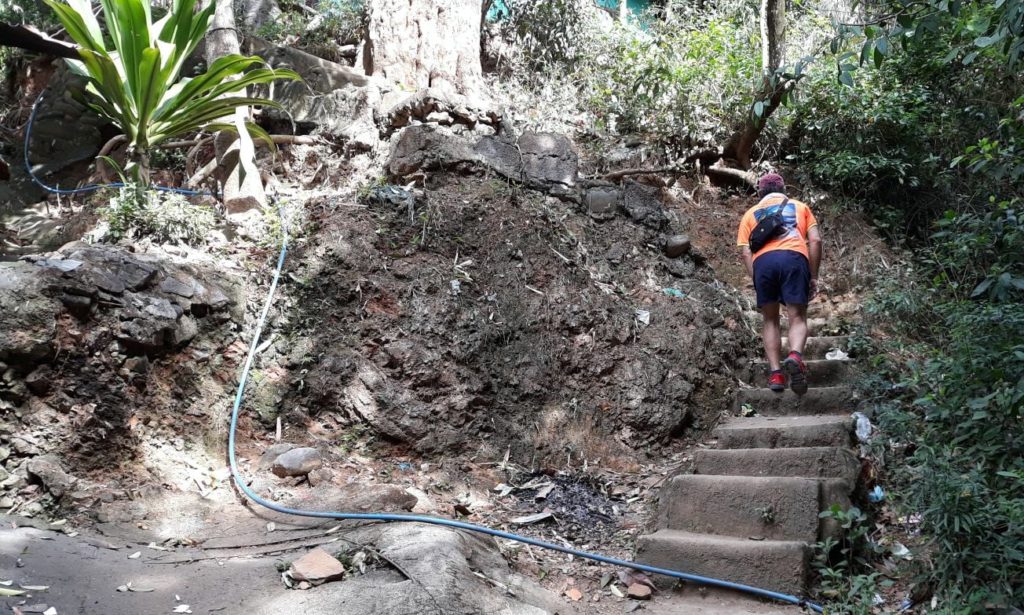

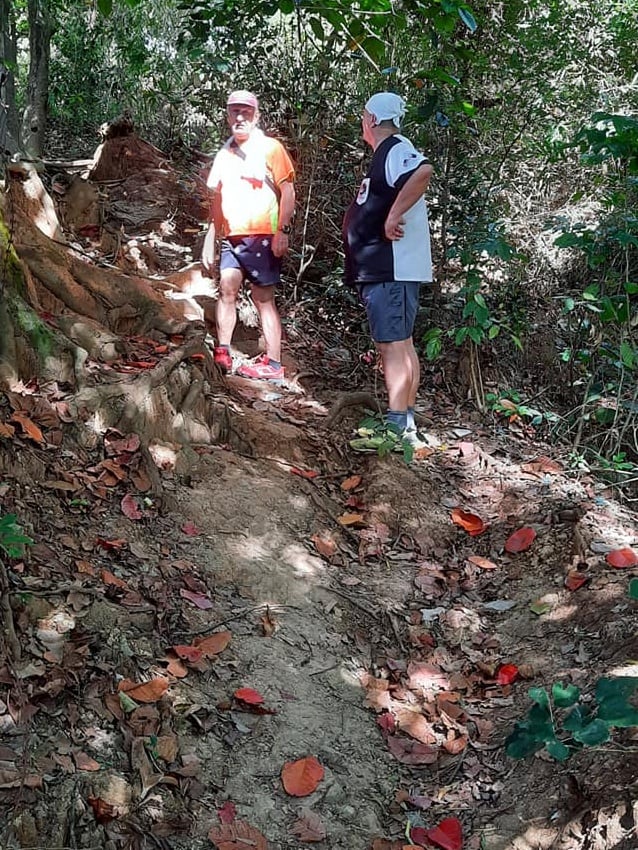






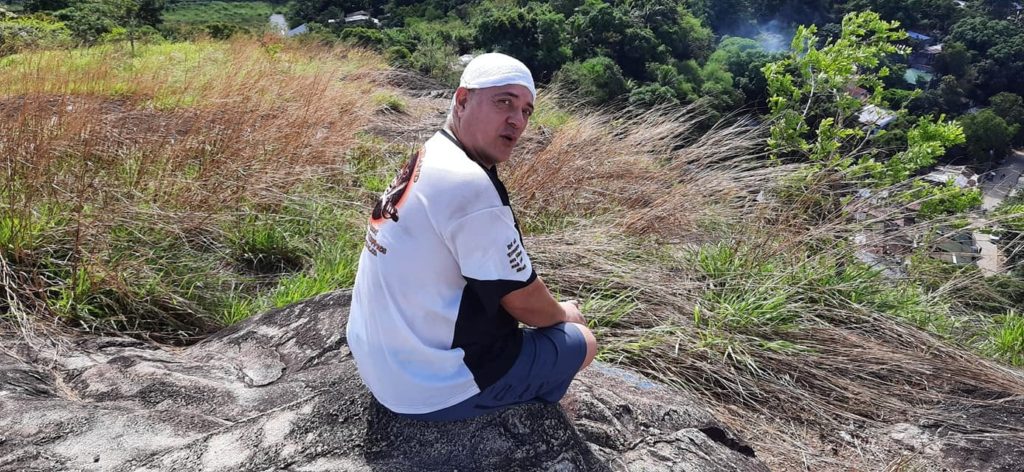


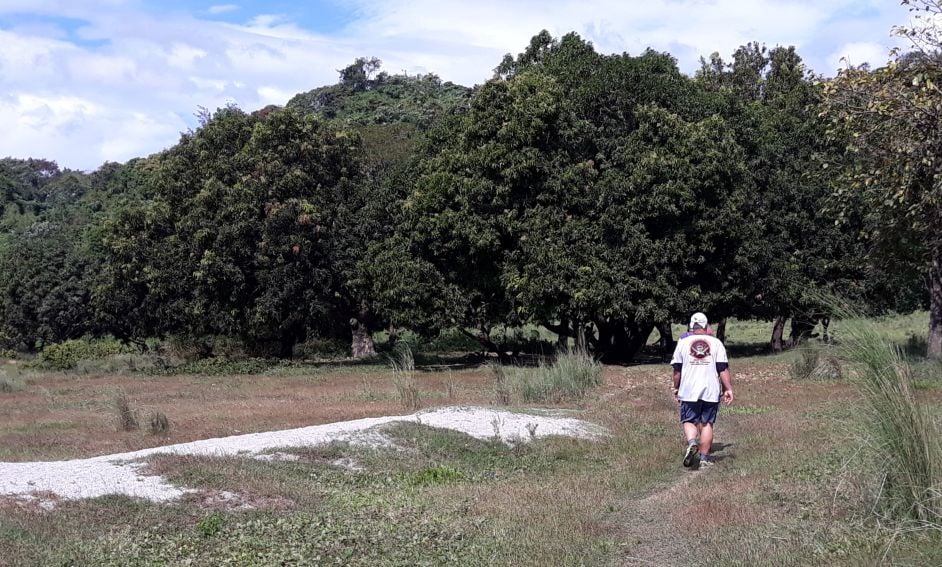






You can Relive the hike here if you so desire.
After a nap and a shower, I had a quiet night in town. Just trying to stay healthy. Or alive.
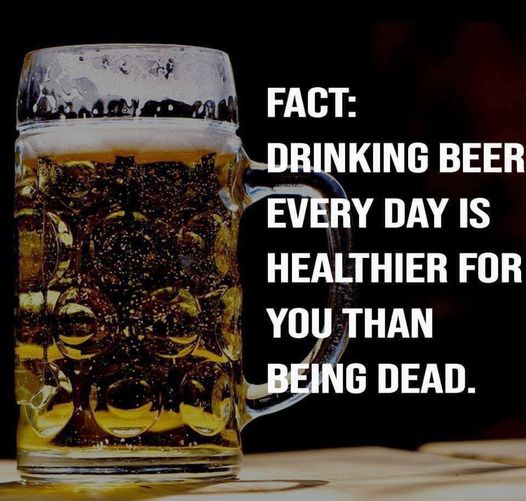
And just now as I finish this post I encounter an epilog to the one I wrote yesterday.
Hi!?
You sent Today at 12:53 PMWhat’s up?
Honey sent Today at 12:54 PMI’m not OK where are u now!?
You sent Today at 12:55 PMI’m at home…
Honey sent Today at 12:58 PMWhere!? I really really need to pay my rent apartment for tomorrow and if I not give I living out., can u helping me I need 3000 only please send me I pay back to u if u want meet me!?
I’ve been wracking my brain trying to remember who this is. We have five mutual friends on Facebook but none that I think I’ve met in person. Her profile says she works at Arizona but I don’t remember her from there either. I’m not there much these days though. I’m guessing that she worked on the floating bar in the pre-pandemic days.
Anyway, no response is the “no” I chose. So far it seems to have worked.
Ah well, time to play my singles league dart match. Back with more tomorrow.

“It’s really not that hard getting up[,] but coming down the backside can get a little tricky.”
No comment.
Damn it! I had a comma after “up” but Grammarly told me to delete it! As to the double entendre, no comment!
Never trust AI to assess grammar. Computers are stupid.
As discussed in Part 1 of my series on commas: use a comma-conjunction to separate two independent clauses (a semicolon also performs this function). Let’s analyze your sentence:
“It’s really not that hard getting up, but coming down the backside can get a little tricky.”
Clause 1: It’s [It is]
Clause 2: coming down… can get
A clause is a group of words with a subject and a verb. In Clause 1, the subject is “It,” and the verb is “is.” In Clause 2, the subject is the gerund “coming” [a gerund functions as a noun, so it can be the subject of a sentence], and the verb is “can get.”
Both of these clauses are independent, i.e., they stand on their own as two complete thoughts. So to separate them, you can use a comma-conjunction like “… , but.”
Et voilà. Please reread Part 1 of my comma series. As I said, if you were to master only Part 1, you’d solve 95% of your comma-related issues right there.
You are a regular Western Union lol I would be making good use of my block button!
Brandon, I won’t hesitate to block someone asking for money that I’ve never met in real life. And I’m getting better at saying no to those I have. The problem lately is distinguishing between the two. Almost daily I’ll be walking through town and someone (usually female) will greet me by name. And I have no clue who they are or where I might have met them before. If this keeps up I could become president!
Kevin, yes, I will go back and re-read part one of the comma series. Also, I’ll try and trust my gut more than Grammarly when it comes to punctuation. And speling…
“And speling”
I see what you did there.
Yeah, my humor is as challenged as my grammar… 🙂